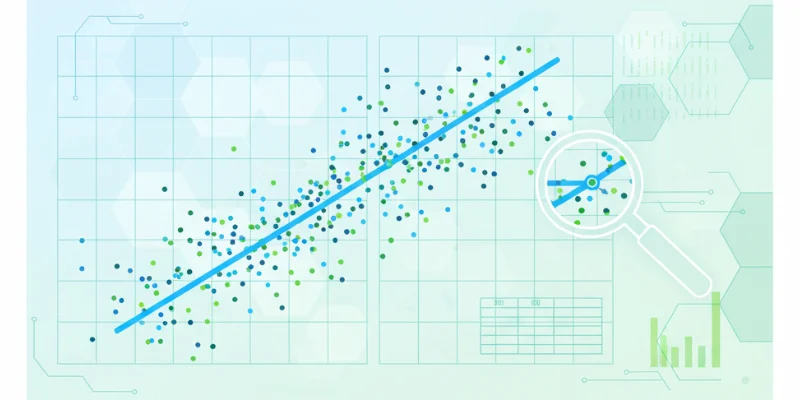
Regression analysis is one of the most important tools in data analytics and statistics. It assists you in grasping the connection between multiple variables and how one variable influences another. For example, a company may want to know how advertising spending influences sales revenue. By learning regression analysis in a Data Analyst Course in Trivandrum at FITA Academy, you can measure these relationships and make accurate data-driven predictions for the future.
In simple terms, regression analysis helps you draw a line through data points to estimate trends and forecast outcomes. This process makes it easier to understand patterns that are not visible through simple observation.
Why Regression Analysis Matters
Regression analysis is a foundation of predictive analytics. Businesses, researchers, and data professionals use it to make informed decisions. For instance, marketers use regression to predict customer behavior, while economists use it to analyze the impact of inflation on spending.
The true power of regression lies in its ability to quantify relationships. It does not just show whether two variables move together but also tells you by how much one changes when the other does. This level of precision helps organizations make more confident and strategic choices based on data rather than intuition.
Types of Regression Analysis
There are several types of regression techniques, each used for different purposes. The most prevalent form is linear regression, which presumes a direct linear relationship between the variables. It is often used when the effect of one variable on another is relatively consistent. You can attain a more profound understanding of these methods by enrolling in a Data Analytics Course in Kochi, where practical examples and expert guidance make learning regression analysis easier and more effective.
Another type is multiple regression, which involves more than one independent variable. For example, sales might depend on both advertising and product pricing. Logistic regression is another popular method, used when the outcome is categorical, such as predicting whether a customer will make a purchase or not.
Each regression type serves a unique analytical purpose, and choosing the right one depends on the nature of your data and the question you want to answer.
Steps in Performing Regression Analysis
The process of regression analysis typically begins with data collection and cleaning. It is important to ensure that your data is accurate and relevant. After preparing the data, analysts use statistical methods to fit a regression model. You can learn these essential steps in detail by joining a Data Analyst Course in Pune, where practical exercises help you master regression analysis and other core analytics techniques.
Next, they interpret the output, which includes coefficients that indicate how much each independent variable influences the dependent variable. Analysts also evaluate the model’s accuracy by checking measures such as the R-squared value, which shows how well the model explains the data.
Finally, the results are used to make predictions or support business decisions.
Benefits and Limitations
Regression analysis offers many benefits, such as identifying key factors that drive outcomes, improving forecasting, and supporting evidence-based strategies. However, it also has limitations. A regression model can only be as good as the data it is based on. Poor-quality data or incorrect assumptions can lead to misleading results.
Despite these challenges, regression analysis remains one of the most reliable tools for understanding and predicting real-world patterns.
Regression analysis simplifies complex data relationships and transforms them into clear, actionable insights. Whether you are a business leader, student, or data professional, learning how to use regression effectively can greatly improve your decision-making skills. By understanding how variables connect and influence each other, you can turn raw data into meaningful predictions that drive success. Signing up a Data Analyst Course in Jaipur can help you master these techniques and apply them confidently in real-world scenarios.
Also check: Telling Stories with Data: Real-World Examples
